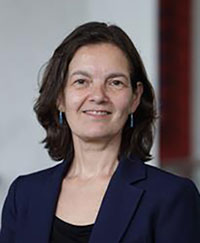
Biomedical Question Answering Yesterday, Today, and Tomorrow
Abstract: The traditional knowledge-based approaches to question answering might seem irrelevant now that Neural QA, particularly Large Language Models show almost human performance in question answering. Knowing what was successful in the past and which elements are essential to getting the right answers, however, is needed to inform further developments in the neural approaches and help address the known shortcomings of LLMs. This talk, therefore, will provide an overview of the approaches to biomedical question answering as they were evolving. It will cover information needs of various stakeholders and the resources created to address these information needs through Question Answering.
Bio: Dina Demner-Fushman, MD, PhD is a Tenure Track Investigator in the Computational Health Research Branch at LHNCBC. She specializes in artificial intelligence and natural language processing, with a focus on information extraction and textual data analysis, EMR data analysis, and image and text retrieval for clinical decision support and education. Dr. Demner-Fushman's research aims to improve healthcare through the development of computational methods that can process and analyze clinical data more effectively. Her research led to the current iteration of the MEDLINE resource, which helps people navigate a plethora of NLM resources, as well as Open-i, which helps finding biomedical images.
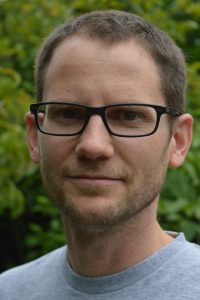
Safe Deployment of Medical Imaging AI
Abstract: Artificial intelligence could fundamentally transform clinical workflows in image-based diagnostics and population screening, promising more objective, accurate and effective analysis of medical images. A major hurdle for using medical imaging AI in clinical practice, however, is the assurance whether it is safe for patients and continues to be safe after deployment. Differences in patient populations and changes in the data acquisition pose challenges to today's AI algorithms. In this talk we will discuss AI safeguards from the perspective of robustness, reliability, and fairness. We will explore approaches for automatic failure detection, monitoring of performance, and analysis of bias, aiming to ensure the safe and ethical use of medical imaging AI.
Bio: Ben Glocker is Professor in Machine Learning for Imaging and Kheiron Medical Technologies / Royal Academy of Engineering Research Chair in Safe Deployment of Medical Imaging AI. He co-leads the Biomedical Image Analysis Group, leads the HeartFlow-Imperial Research Team, and is Head of ML Research at Kheiron. His research is at the intersection of medical imaging and artificial intelligence aiming to build safe and ethical computational tools for improving image-based detection and diagnosis of disease.
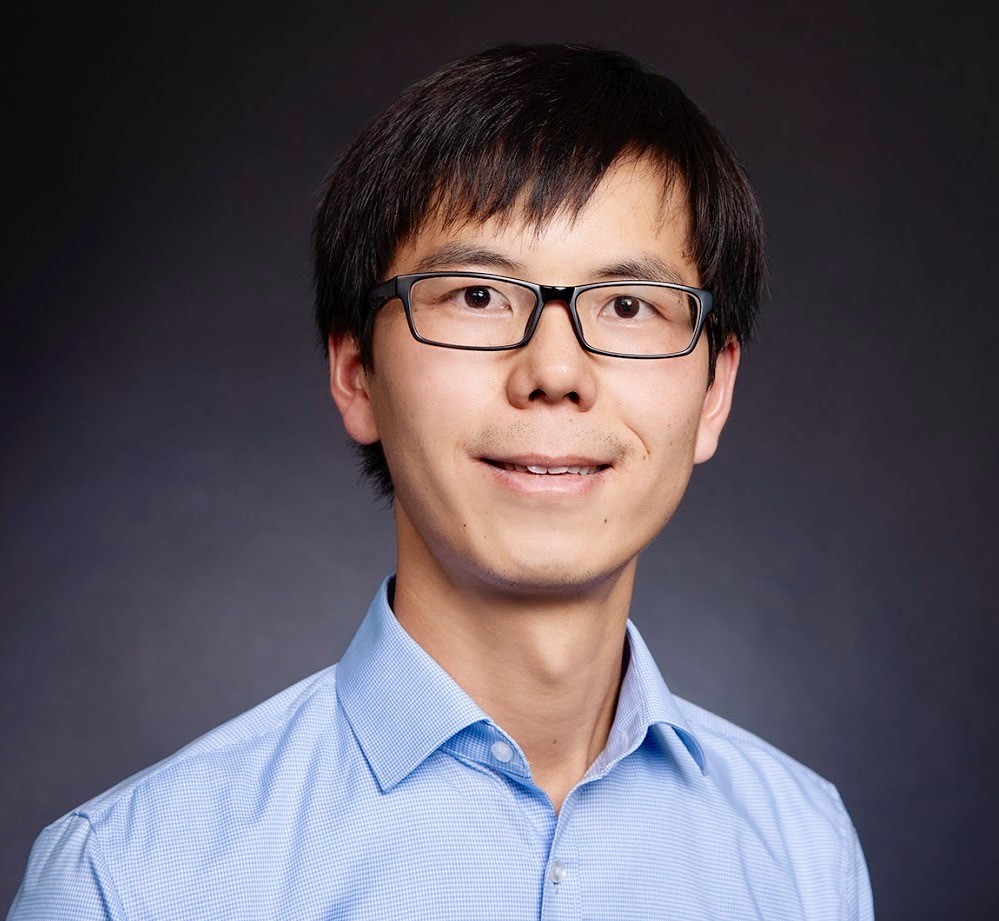
Biological Sequence Modeling in Research and Applications
Abstract: Biological sequences, like DNA and protein sequences, encode genetic information essential to life. In recent times, deep learning techniques have transformed biomedical research and applications by modeling the intricate patterns in these sequences. Successful models like AlphaFold and Enformer have paved the way for accurate end-to-end prediction of complex molecular phenotypes from sequences. Such models have profound impact on biomedical research and applications, ranging from understanding basic biology to facilitating drug discovery. This talk will provide an overview of the current techniques and status of biological sequences modeling. Additionally, specific applications of such models in genetics and immunology will be discussed.
Bio: Jun Cheng is a Senior Research Scientist at DeepMind. His research focused on developing machine learning methods to better understand the genetic code and disease mechanisms. Before that, he was a scientist at NEC Labs Europe, where he worked on personalized cancer vaccines. His work has been published in venues such as Genome Biology, Bioinformatics, and Nature Biotechnology. He received his PhD in computational biology from the Technical University of Munich.
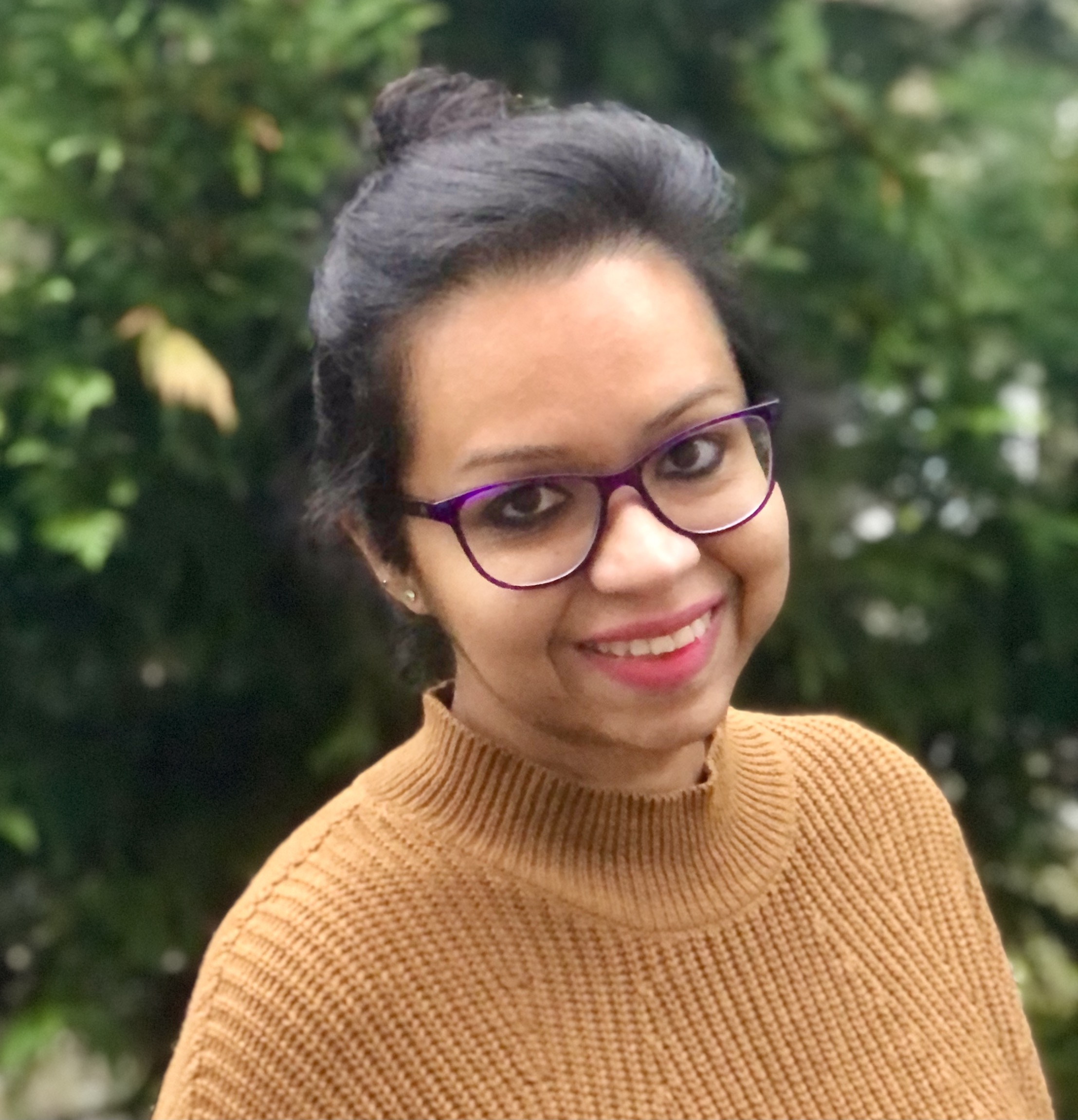
Bridging Machine Learning and Collaborative Action Research: A Tale Engaging with Diverse Stakeholders in Digital Mental Health
Abstract: Digital traces, such as social media data, supported with advances in the artificial intelligence (AI) and machine learning (ML) fields, are increasingly being used to understand the mental health of individuals, communities, and populations. However, such algorithms do not exist in a vacuum -- there is an intertwined relationship between what an algorithm does and the world it exists in. Consequently, with algorithmic approaches offering promise to change the status quo in mental health for the first time since mid-20th century, interdisciplinary collaborations are paramount. But what are some paradigms of engagement for AL/ML researchers that augment existing algorithmic capabilities while minimizing the risk of harm? Adopting a social ecological lens, this talk will describe the experiences from working with different stakeholders in research initiatives relating to digital mental health – including with healthcare providers, grassroots advocacy and public health organizations, and people with the lived experience of mental illness. The talk hopes to present some lessons learned by way of these engagements, and to reflect on a path forward that empowers us to go beyond technical innovations to envisioning contributions that center humans’ needs, expectations, values, and voices within those technical artifacts.
Bio: Munmun De Choudhury is an Associate Professor of Interactive Computing at Georgia Tech. Dr. De Choudhury is best known for laying the foundation of a new line of research that develops computational techniques towards understanding and improving mental health outcomes, through ethical analysis of social media data. To do this work, she adopts a highly interdisciplinary approach, combining social computing, machine learning, and natural language analysis with insights and theories from the social, behavioral, and health sciences. Dr. De Choudhury has been recognized with the 2023 SIGCHI Societal Impact Award, the 2022 Web Science Trust Test-of-Time Award, the 2021 ACM-W Rising Star Award, the 2019 Complex Systems Society – Junior Scientific Award, numerous best paper and honorable mention awards from the ACM and AAAI, and features and coverage in popular press like the New York Times, the NPR, and the BBC. Earlier, Dr. De Choudhury was a faculty associate with the Berkman Klein Center for Internet and Society at Harvard, a postdoc at Microsoft Research, and obtained her PhD in Computer Science from Arizona State University.

A Healthcare Platform Powered by ML and Radio Waves
Abstract: TBD
Bio: Dina Katabi is the Thuan and Nicole Pham Professor of Electrical Engineering and Computer Science at MIT. She is also the director of the MIT’s Center for Wireless Networks and Mobile Computing, a member of the National Academy of Engineering, and a recipient of the MacArthur Genius Award. Professor Katabi received her PhD and MS from MIT in 2003 and 1999, and her Bachelor of Science from Damascus University in 1995. Katabi's research focuses on innovations in digital health, applied machine learning and wireless sensors and networks. Her research has been recognized with ACM Prize in Computing, the ACM Grace Murray Hopper Award, two SIGCOMM Test-of-Time Awards, the Faculty Research Innovation Fellowship, a Sloan Fellowship, the NBX Career Development chair, and the NSF CAREER award. Her students received the ACM Best Doctoral Dissertation Award in Computer Science and Engineering twice. Further, her work was recognized by the IEEE William R. Bennett prize, three ACM SIGCOMM Best Paper awards, an NSDI Best Paper award and a TR10 award. Several start-ups have beenspun out of Katabi's lab such as PiCharging and Emerald.
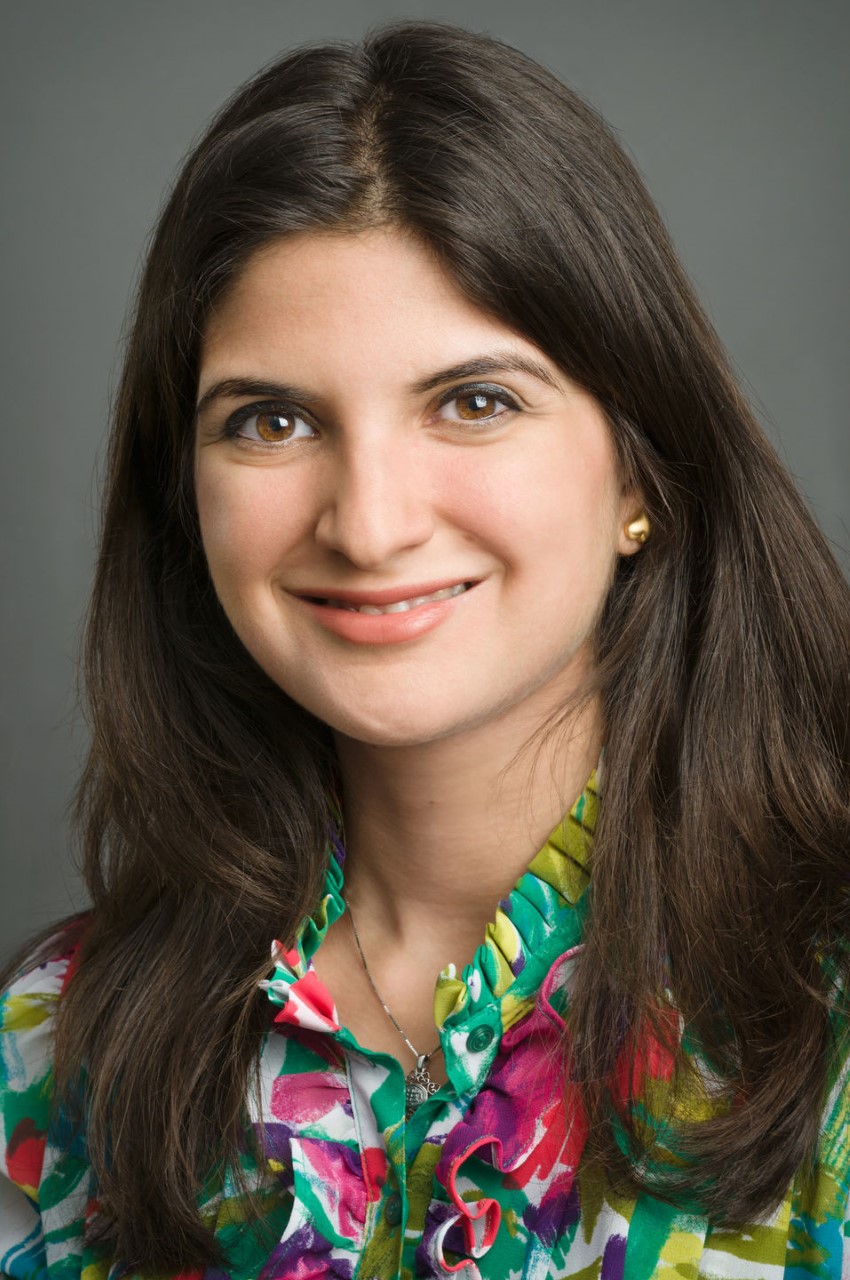
Skin in the Game: The State of AI in Dermatology
Abstract: Artificial intelligence tools have been touted as having performance "on par" with board certified dermatologists. However, these published claims have not translated to real world practice. In this talk, I will discuss the opportunities and challenges for AI in dermatology.
Bio: Dr. Roxana Daneshjou received her undergraduate degree at Rice University in Bioengineering, where she was recognized as a Goldwater Scholar for her research. She completed her MD/PhD at Stanford, where she worked in the lab of Dr. Russ Altman. During this time, she was a Howard Hughes Medical Institute Medical Scholar and a Paul and Daisy Soros Fellowship for New Americans Fellow. She completed dermatology residency at Stanford in the research track and now practices dermatology as a Clinical Scholar in Stanford's Department of Dermatology while also conducting artificial intelligence research with Dr. James Zou as a postdoc in Biomedical Data Science. She is an incoming assistant professor of biomedical data science and dermatology at Stanford in Fall of 2023. Her research interests are in developing diverse datasets and fair algorithms for applications in precision medicine.
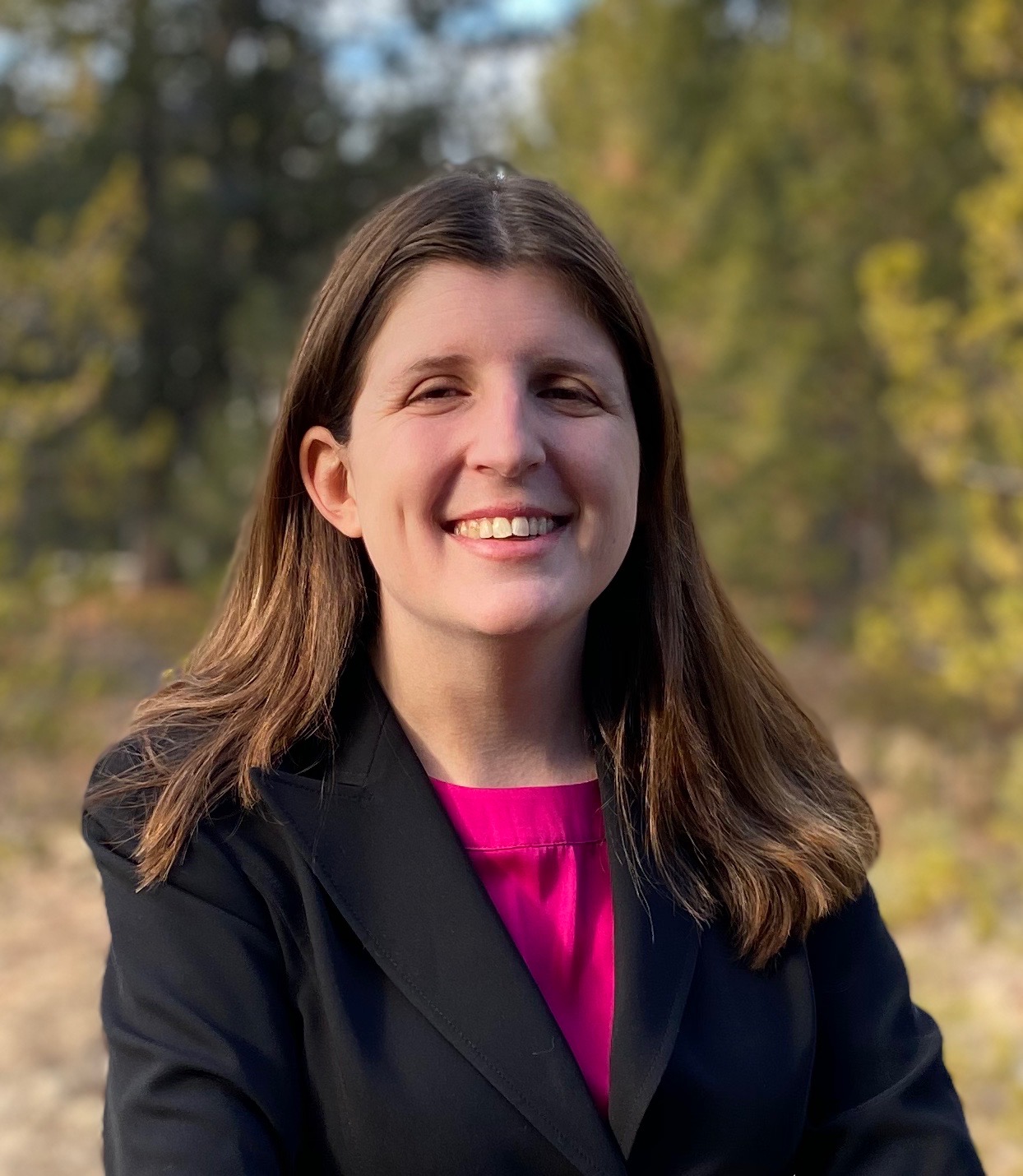
Using Machine Learning to Increase Equity in Healthcare and Public Health
Abstract: Our society remains profoundly unequal. This talk discusses how data science and machine learning can be used to combat inequality in health care and public health by presenting several vignettes from domains like medical testing and cancer risk prediction.
Bio: Emma Pierson is an assistant professor of computer science at the Jacobs Technion-Cornell Institute at Cornell Tech and the Technion, and a computer science field member at Cornell University. She holds a secondary joint appointment as an Assistant Professor of Population Health Sciences at Weill Cornell Medical College. She develops data science and machine learning methods to study inequality and healthcare. Her work has been recognized by best paper, poster, and talk awards, an NSF CAREER award, a Rhodes Scholarship, Hertz Fellowship, Rising Star in EECS, MIT Technology Review 35 Innovators Under 35, and Forbes 30 Under 30 in Science. Her research has been published at venues including ICML, KDD, WWW, Nature, and Nature Medicine, and she has also written for The New York Times, FiveThirtyEight, Wired, and various other publications.